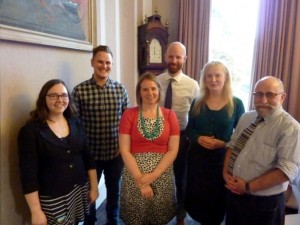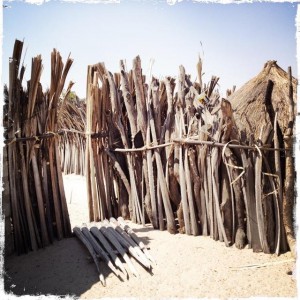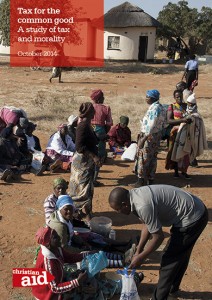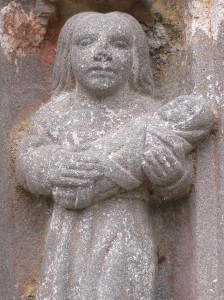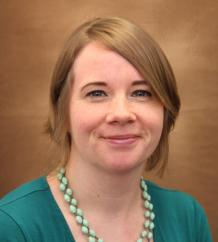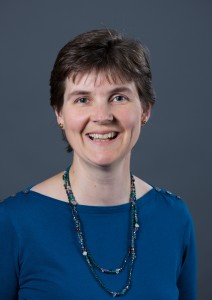David Tollerton
I prefer my coincidences less gruesome. On Wednesday morning a group of my undergraduate students handed in essays focused on blasphemy, freedom of expression and social cohesion. Approximately one hour after the deadline, gunmen shot twelve people at the offices of Charlie Hebdo in Paris, the reason widely held to be the magazine’s dissemination of cartoons depicting Muhammad. As I write this, media outlets across Europe are now exploring the same core issues that my students grappled with. Every lecturer likes to feel that their subject area has contemporary relevance, but the extremity and violence of recent events renders such sentiment profoundly uncomfortable.
Some commentators have stressed that the Charlie Hebdo shootings should be viewed as unprecedented. Amidst the outpourings of reflection and emotion that have followed the event, I imagine a few of my students might wish they could re-edit their essays in light of what has happened. But I suggest here that immediate re-evaluation is troublesome. The fixed points and ambiguities are essentially no different now than they were prior to Wednesday morning’s violent acts. Murder was wrong then and it is now. The ethics of offence were complex and debatable before and they are complex and debatable now.

